Most entrepreneurs and business owners do not have extensive knowledge on managing finances or dealing with taxes that makes having a CPA worth the price. Apart from the typical duties of an accountant, there are many other actions that a CPA can perform that fall under business services. Spring Hill business owners might want to know that a CPA and an accountant are not exactly the same thing. While they do perform similar tasks, CPA’s are licensed individuals capable of performing more functions that an accountant would have no knowledge of or no legal jurisdiction to offer to small business owners.
CPA’s are Required to be Familiar with Tax Laws
One of the biggest tasks of a CPA or an accountant for a small business is to make sure that a business owner in prepared for tax returns and help send out their information to the IRS as one of their business services. Spring Hill business owners should be aware that an accountant must be certified in order to represent your small business before the IRS. Accounts are labeled as ‘unenrolled preparers’ unlike that of a CPA or attorney, which gives them limited access and authority in tax matters between the IRS and your business.
CPAs Perform Financial Analysis
One of the most common types of business services Spring Hill accountants offer to small business owners is bookkeeping. Bookkeeping is a great way for a business to monitor their expenditures as well as an input of business income, but this is not the same as performing a financial analysis of a company like a CPA may perform. These licensed individuals are able to do more detailed and more thorough analysis of a business as well as provide information on taxes. Because a CPA is a licensed individual, they are usually more versed in taxable deductions and are comfortable putting their certification on the line to represent their business.
*Disclaimer: The views expressed here are those of the authors and do not necessarily represent or reflect the views of Suncoast CPA Group*
